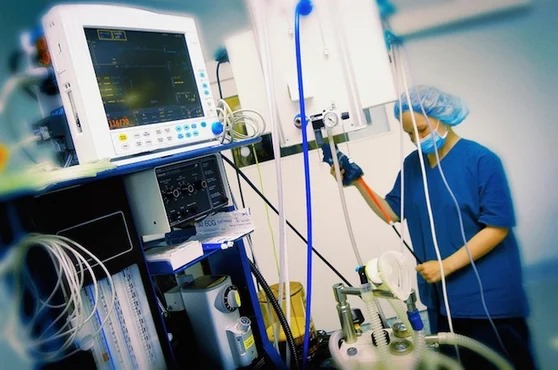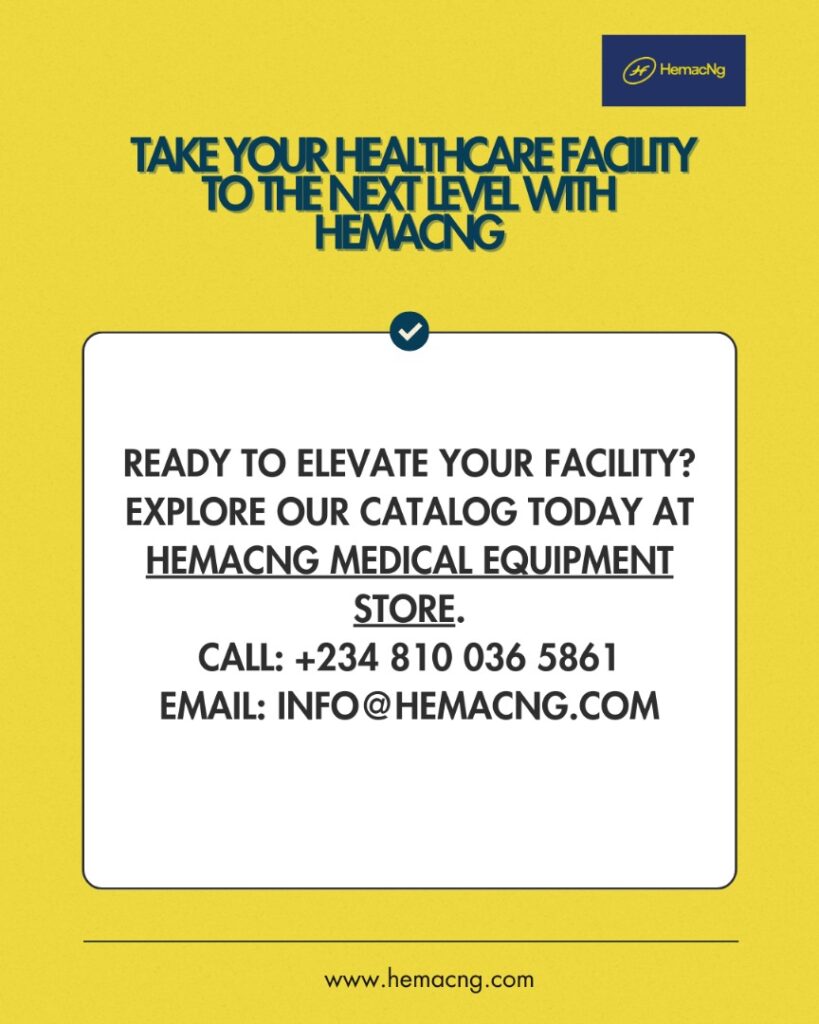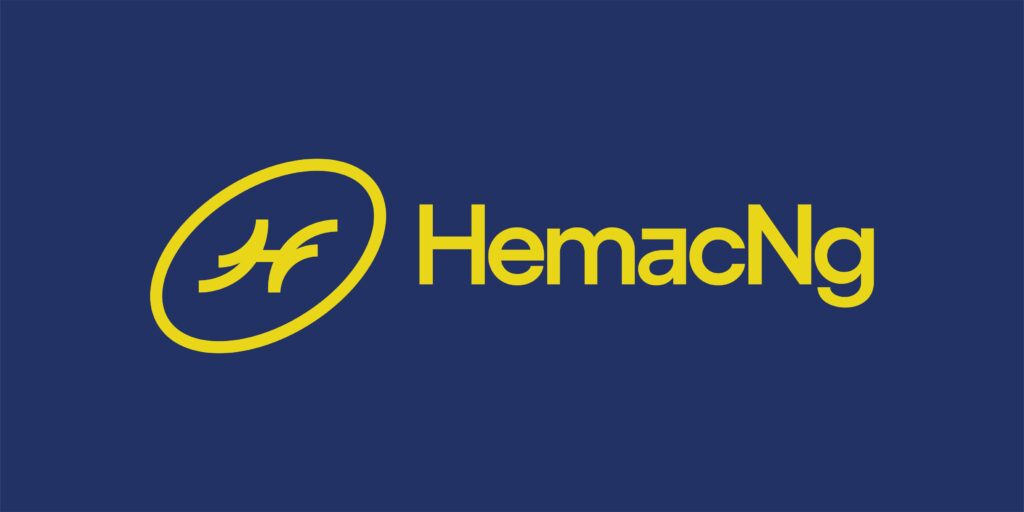Uncategorized
How to Start a Medical Supply Business in Nigeria (2025 Guide)

Introduction
Starting a medical supply business in Nigeria is more than just a profitable venture—it’s a mission to support the nation’s growing healthcare demands. The healthcare system in Nigeria continues to evolve, and with it comes the increasing need for reliable access to quality medical equipment and supplies. If you’ve been thinking of launching a medical supply business in Nigeria, now is the perfect time to act. Not only does this business offer substantial profit potential, but it also positions you to make a meaningful impact in your community. From rural clinics to urban hospitals, the demand is enormous.
In this comprehensive guide, we’ll walk you through how to start a medical supply business in Nigeria, with real-world tips, actionable steps, and expert insights. Whether you’re a medical professional, entrepreneur, or investor, this guide will equip you with everything you need to get started confidently.
Understanding the Healthcare Market in Nigeria
Nigeria has a population of over 200 million people with limited access to quality healthcare, especially in rural regions. The health sector is striving for improvements, creating fertile ground for entrepreneurs who can fill the gap with reliable and affordable medical devices and consumables. This unmet demand is the core reason the medical supply business in Nigeria is thriving.
Moreover, as private clinics and diagnostic centers spring up nationwide, there is an increasing demand for everything from syringes to surgical tables.
Why Start a Medical Supply Business?
- High Demand: Medical professionals, NGOs, and government agencies are constantly sourcing medical equipment.
- Social Impact: Your business can contribute significantly to saving lives.
- Profitability: A well-managed medical supply business in Nigeria offers high-profit margins due to the demand for specialized products.
Key Steps to Start Your Medical Supply Business in Nigeria
1. Conduct Market Research
Understand your target customers—hospitals, clinics, labs, NGOs, and pharmacies. Identify what equipment they need most: diagnostic tools, PPE, surgical equipment, or consumables.
2. Create a Business Plan
Include your mission, budget, product offerings, target audience, supplier information, and marketing strategy.
3. Register Your Business
Visit the Corporate Affairs Commission (CAC) to register your business legally. Consider registering with NAFDAC if dealing with consumables.
4. Find Reliable Suppliers
Partner with reputable manufacturers and wholesalers from China, Germany, or local Nigerian suppliers. Ensure your products meet WHO standards.
5. Choose a Business Location
You can start with a physical storefront, an online store, or both. Consider locations close to healthcare hubs.
6. Setup Logistics and Inventory System
Use inventory management software to track stock. Hire trained personnel who understand medical compliance and handling.
Licensing and Regulatory Compliance
Before launching, ensure you comply with regulatory bodies such as:
- NAFDAC for consumables and drugs
- SON (Standards Organisation of Nigeria) for quality assurance
- Ministry of Health approvals depending on your region
Neglecting this can lead to heavy penalties or business closure.

How Much Does It Cost to Start a Medical Supply Business?
A small-scale medical supply business in Nigeria can start with ₦2 million to ₦5 million, covering rent, licensing, stock, and marketing. However, scaling may require ₦10 million or more.
Best-Selling Medical Supplies in Nigeria
Here are high-demand products:
- Face masks and PPEs
- Diagnostic kits (glucose monitors, BP monitors)
- Wheelchairs and beds
- Surgical gloves
- Stethoscopes and thermometers
These products are essential in hospitals and clinics daily.
Where to Source Quality Medical Supplies
- Local Distributors: Look for trusted vendors at medical fairs or online directories.
- International Suppliers: Platforms like Alibaba or direct manufacturers from Europe and Asia.
- Wholesale Markets: Jibowu in Lagos, Aba markets for basic supplies.
Mistakes to Avoid
- Importing substandard equipment
- Ignoring compliance regulations
- Poor inventory planning
- Failing to train staff on equipment handling
Being proactive in these areas ensures long-term success and builds trust.
Marketing Your Business
- Digital Marketing: Leverage SEO, Google Ads, and a mobile-friendly website.
- Social Media: Create engaging reels, client testimonials, and equipment demos.
- Referral Systems: Partner with local doctors and clinics for consistent orders.
Expert Tips for Managing Medical Supplies
- Set reorder alerts for fast-moving items
- Maintain a clean and temperature-regulated storage area
- Regularly audit stock
- Keep a service/repair plan for equipment
This ensures you stay efficient and avoid loss.
Final Thoughts
Starting a medical supply business in Nigeria is a promising venture in 2025. With the right planning, regulatory compliance, and marketing, you can build a brand that not only drives revenue but also improves lives. Focus on quality, trust, and community, and your business will thrive.
Want expert guidance and high-quality supplies? Visit HEMACNG.com and explore our catalog today.

